The word NO is not just a word, it is a whole sentence in itself. Even though, saying ‘No’ is considered to be a negative thing, saying it in certain situations is imperative. Saying ‘NO’ to someone shows that you know your worth and you are not intimidated to go after what you want and completely deserve. If you constantly say yes to everything and everyone, it will be very easy for people to exploit and take advantage of you.
It was obvious they were offering me a dead-end job, not a career opportunity. They thought I was going to jump at the chance to work for them, but they were in for a rude awakening. “No Thank You. I appreciate you thinking of me but I don’t believe I am the right candidate for your needs.” Just like that, I said, “NO.” It was a revelation.
Some people thought I was crazy for turning down the secure salary to continue forging my own path as an entrepreneur. When they asked me why I didn’t take the position I would simply say, “why to say ‘Yes’ when you can say ‘No’.” Most didn’t know how to react to my declaration, looking at me with concern and worry wondering if I had lost my mind, while others seemed intrigued.
Saying ‘No’ is your best defense against imbalance, burnout, and exploitation. It may sound counter-intuitive but it’s true. Sadly, ‘No’ is an extremely undervalued tool with immense power. The correct use of a strategic ‘No’ can be the difference between elevating yourself to the next level OR allowing yourself to get caught up in a situation that drains you.
Ultimately if you protect yourself, you protect your power.
Related: Stop Saying “Yes” When You Actually Want to Say “No”
Here are 4 reasons why saying ‘No’ is the ultimate power move:
1. “No” Creates A Boundary.
Everyone needs healthy boundaries. Those boundaries need to be clearly defined and easy to identify. When you say ‘Yes’ all the time those boundaries become undefined & blurry. People will begin to assume that no matter what they ask you will always say ‘Yes’. Being thought of as a ‘Yes’ man is highly disadvantageous because it is easy for people to unintentionally take advantage of you since they know you will agree to whatever they ask.
A well-thought-out ‘No’ protects you from having the unchecked needs of others foisted on you at a moment’s notice. It is not your responsibility to fulfill everyone else’s needs. Remembering you have ‘No’ at your disposal will empower you to honor your boundaries.
2. “No” States Your Position.
Sometimes trying to politely decline doesn’t work. You could do your best to use flowery language to communicate that you are not interested, but fail to be heard. Understandably, you may hesitate to use the power of ‘No’ because you’re afraid of being perceived as rude or aggressive. However, it is your responsibility to truthfully state your position with confidence especially if you are not interested in the opportunity presented.
“NO” is a complete sentence. It does not require an explanation to follow. You can truly answer someone’s request with a simple No.” – Sharon E. Rainey
In many cases, the only thing you can say that will accurately communicate your disinterest in an opportunity is ‘No’. In a business negotiation, ‘No’ establishes your position and underscores your non-negotiables. In life ‘No’ voids an entire set of options, and narrows your trajectory. Arriving at these ‘Nos’ can be liberating because they are grounded in the invaluable data you collected from considering all the possible benefits and drawbacks of saying ‘Yes’.
When you give yourself permission to evaluate an opportunity through the lens of ‘No’ it is easier to examine the full spectrum of possibilities good & bad. Whereas, when you evaluate an opportunity through the lens of ‘Yes’ the examination can be skewed towards identifying only the positives associated with the choice.
3. “No” Gives You Leverage.
Anytime you employ the strategic power of ‘No’ you are at an advantage. You know what someone else needs and the urgency with which they wish to have that need met.
You are then given an opportunity to leverage what you know to your benefit, by presenting them with an alternative that is mutually beneficial. ‘No’ gives you time to evaluate the best way for you to say ‘Yes,’ putting you in control.
4. “No” Protects You From Yourself.
Everyone wants to be liked, but at what cost? Always saying ‘yes’ to your boss, partner, children, and friends is a one-way ticket to resentment-town. Saying ‘yes’ all the time creates an unsustainable dynamic in your relationships that causes an energetic imbalance.
As the Yogi’s say you need to “Drink as you pour.” It is unsustainable to be in constant service of others without pausing to be in service to yourself. In order to put yourself first, you have to stop saying ‘YES’ to everything.
“When you say no to the wrong people, it opens up the space for the right people to come in.” – Joe Calloway
Saying “No” is both an act of compassion for others and individual self-preservation.
Ultimately saying ‘No’ is a critical asset on your success journey. Knowing how and when to assert yourself is an art. One must practice employing the power of ‘No’ in order to gain comfort and confidence. Even though collaboration and cooperation are essential to our collective success, that doesn’t mean you have to dance every time the band plays.
Related: 11 Promises You Should Make to Yourself and Keep
Not every opportunity is a good one. Mastering the strategic use of ‘No’ requires a basic level of self-awareness and a desire to evaluate every opportunity that presents itself. If you are willing to slow down your process to engage in this act of intentional evaluation it can revolutionize the way you approach business & life.
Having the ability to strategically exercise the power of ‘No’ frees you from the obligation of having to take on more than is required, personally & professionally. Itching to learn how to empower yourself to say ‘No’? Visit www.AwildaRivera.com.
Want to know more about the power of saying ‘no’? Check this video out below!
Written By Awilda Rivera Originally Published In Medium
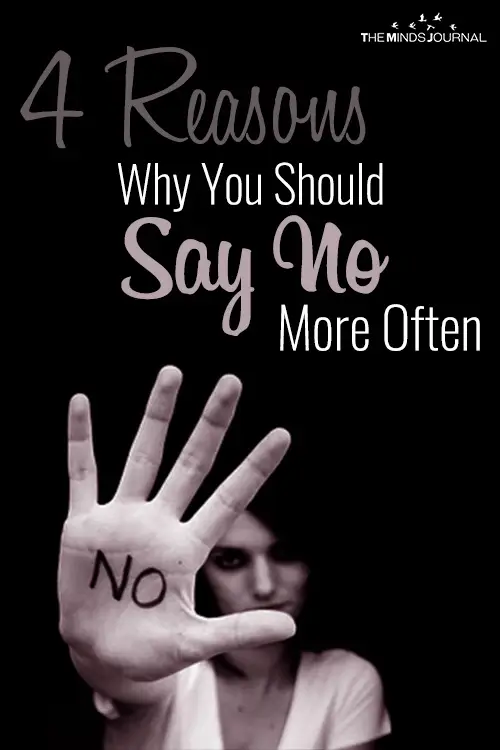
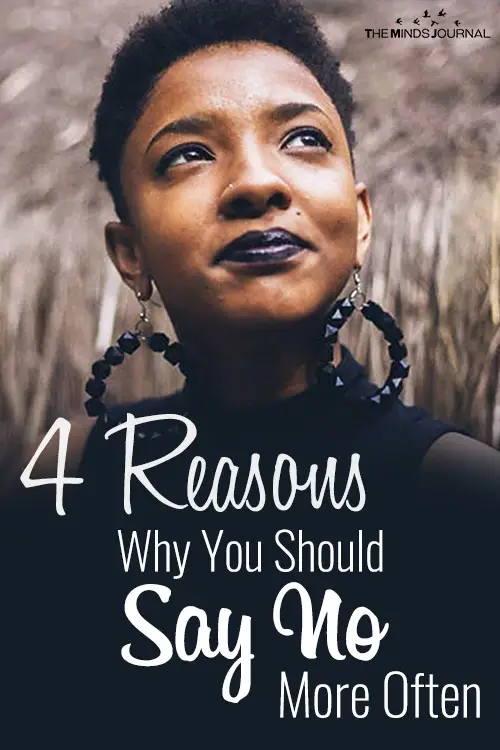
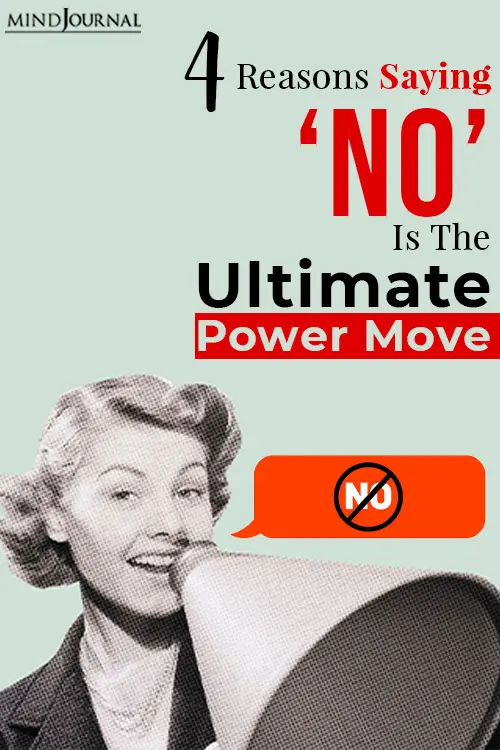
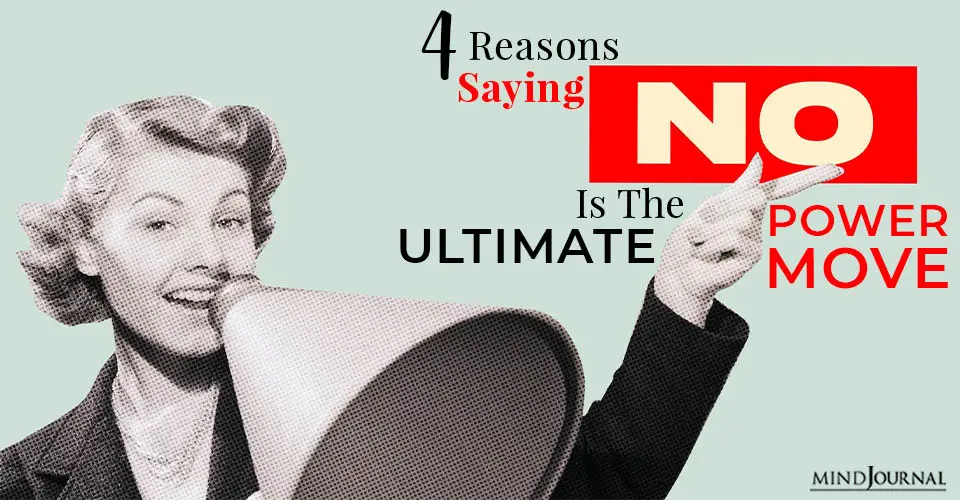



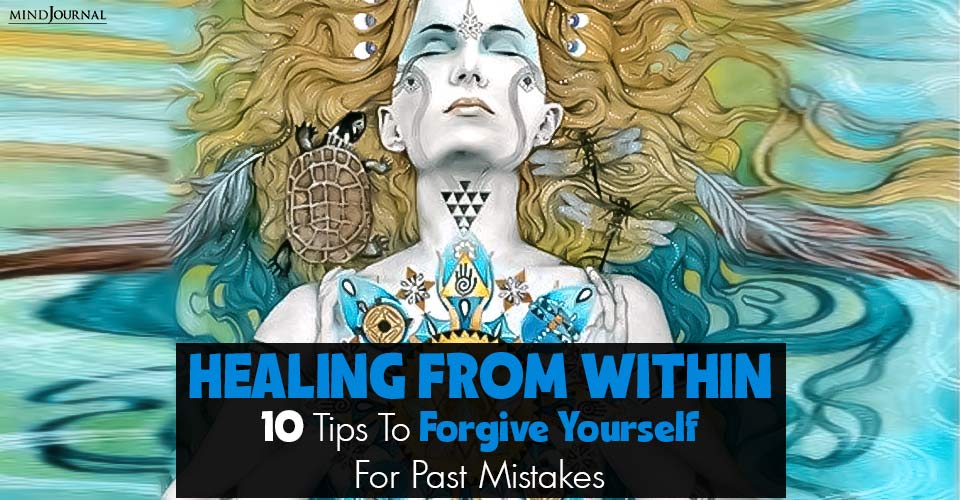
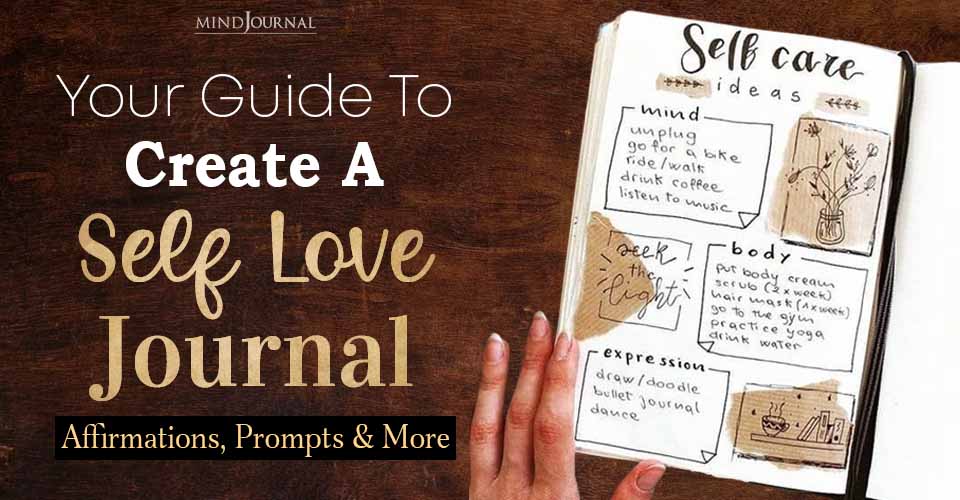

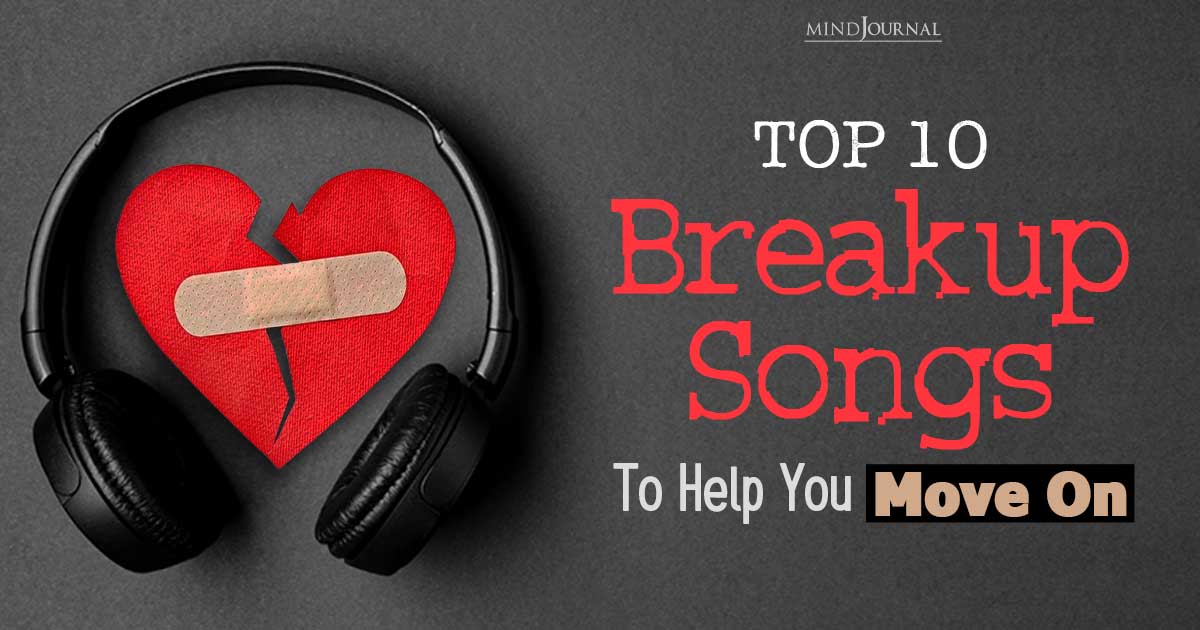
Leave a Reply
You must be logged in to post a comment.